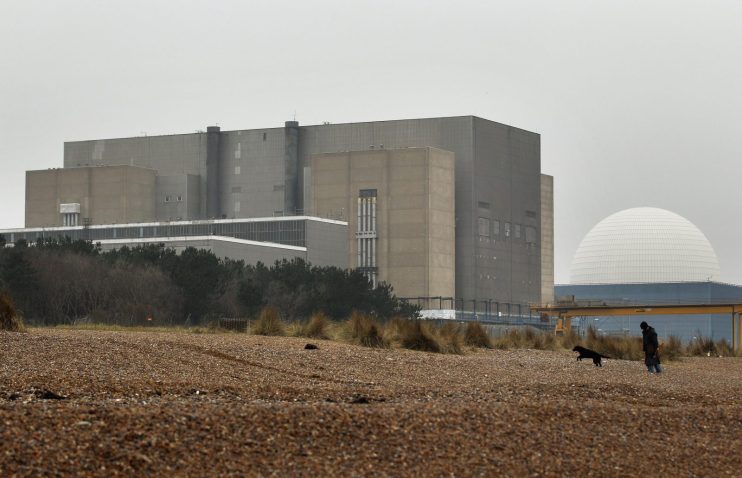Abrdn and two more City giants shun Sizewell C nuclear project

Three of the City’s largest investment firms have confirmed they are not buying into the delay-stricken Sizewell C nuclear project.
Emails seen by City A.M. show that representatives from Abrdn, Aviva and Phoenix Group each told anti-Sizewell C campaign group, Stop Sizewell C, that they were not looking to bankroll the project, which is expected to reach around £20bn in costs.
Phoenix Group, which has around £280bn in assets under management, has previously expressed interest in nuclear projects.
The decisions mark a further blow against the UK government’s struggling nuclear programme.
In an effort to shore up cash flows to rescue the delay-ridden Sizewell and Hinkley Point C projects, the government revealed a framework, many years in the making: The Regulated Asset Base (RAB), which would allow institutional lenders to buy into nuclear development.
But Abrdn, Aviva and Phoenix Group’s failure to get onboard adds to a growing list of major financial houses, including pension funds of BT, Natwest and Nest, to snub the project.
“The strategy has not succeeded,” said Stop Sizewell C’s executive director Alison Downes.
“It is hardly a surprise considering the many uncertainties, including what the project will actually cost and we congratulate those pension funds that have steered clear of Sizewell C’s capital raise, and urge the handful that have not decided to hotfoot it out immediately.”
The government is currently the majority shareholder and is currently investing a total of £2.5bn in financial support for the project.
A Department for Energy Security and Net Zero spokesperson said: “Sizewell C will mean cleaner, cheaper and more secure energy in the long-term.
“We are in constructive negotiations with a range of potential investors as part of the equity raise process, and are targeting a final investment decision for Sizewell C later this year.
“As recognised by the National Audit Office, the Regulated Asset Base model can deliver greater value for money for consumers by lowering the cost of financing construction and we anticipate charges for large-scale nuclear projects to be around £1 a month on average of a typical household bill.”
Sizewell is not the only major reactor project hampered by sky-rocketing costs and time delays.
Hinkley Point C, initially due to be operational in 2017 with a £18bn bill is now expected to be completed by 2031 and cost up to £35bn.
Accounting for inflation, this could potentially rise to £46bn and France’s state energy company EDF is on the hook for an £11bn impairment charge on the project.